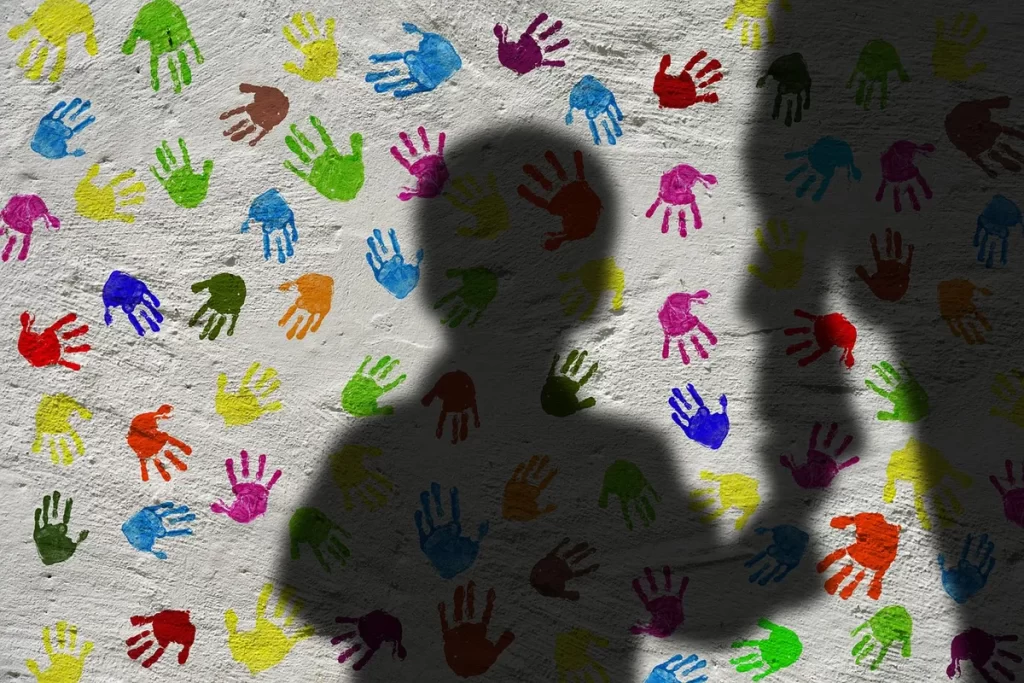For survivors of childhood sexual abuse, reclaiming one’s identity and autonomy is often a journey fraught with challenges and emotional complexities. Changing one’s name can be a powerful step towards healing and moving forward from the trauma of the past. However, navigating the legal process of name change as an adult survivor of childhood sexual abuse can present unique obstacles. In this article, we’ll explore the complexities of changing names for survivors and shed light on the process of using adult deed poll to reclaim one’s identity.
The Impact of Childhood Sexual Abuse on Identity
Childhood sexual abuse can have profound and lasting effects on a survivor’s sense of self-worth, safety, and identity. For many survivors, their birth name may be associated with painful memories or a sense of powerlessness. Changing their name can offer a symbolic break from the trauma of their past and a reaffirmation of their agency and independence.
Legal Challenges and Considerations
While changing one’s name is a legal right afforded to adults, survivors of childhood sexual abuse may face unique challenges when attempting to do so. These challenges may include:
- Emotional Barriers: Survivors may struggle with feelings of shame, guilt, and fear associated with their abuse, which can make the process of changing their name emotionally daunting.
- Financial Constraints: The cost associated with obtaining a deed poll and updating official documents may pose a barrier for survivors who are struggling financially or have limited resources.
- Legal Procedures: Survivors may encounter legal hurdles when attempting to change their name, especially if they have limited knowledge of the legal system or face challenges in obtaining necessary documentation.
Support and Resources for Survivors
Despite the challenges, survivors of childhood sexual abuse have access to support and resources to assist them in navigating the process of changing their name. These may include:
- Counselling and Therapy: Mental health professionals specialising in trauma-informed care can provide survivors with the support and guidance they need to address the emotional barriers associated with changing their name.
- Legal Assistance: Legal aid organisations and pro bono legal services may offer assistance to survivors in obtaining a deed poll and navigating the legal procedures involved in changing their name.
- Community Support: Survivor-led support groups and advocacy organisations can provide survivors with a sense of community and solidarity, as well as practical advice and resources for changing their name.
The Process of Using Adult Deed Poll
Adult deed poll is a legal document that allows individuals to officially change their name. While the process may vary depending on the jurisdiction, the basic steps typically involve:
- Preparing the Deed Poll Document: The survivor must prepare a deed poll document that includes their current name, their desired new name, and a statement declaring that they renounce the use of their former name.
- Signing the Deed Poll: The survivor must sign the deed poll document in the presence of a witness who is over 18 years old and unrelated to them. The witness must also sign the deed poll as evidence of the name change.
- Notifying Relevant Authorities: After signing the deed poll, the survivor must notify relevant authorities, such as government agencies, financial institutions, and healthcare providers, of their name change.
While changing one’s name as a survivor of childhood sexual abuse may present challenges, it can also be a transformative and empowering process. By reclaiming their identity through a name change, survivors can take a crucial step towards healing from the trauma of their past and reclaiming agency over their lives. With the support of mental health professionals, legal advocates, and community resources, survivors can navigate the process of changing their name with confidence and resilience. Ultimately, changing one’s name is not just a legal procedure—it’s a powerful affirmation of one’s journey towards healing, self-discovery, and empowerment.

